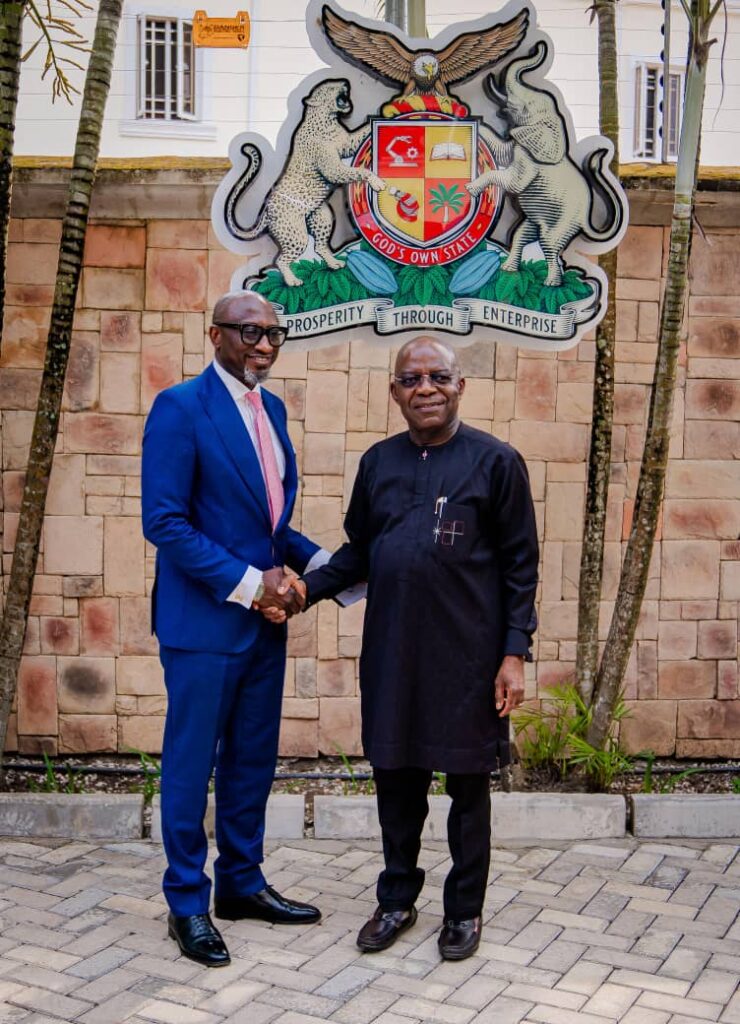Fasua’s Cost of Living Comparism Sparks Online Debate

A recent statement by Tope Fasua has sparked a lively debate about the cost of living in Nigeria and the United States. Fasua claimed that $10 won’t buy you lunch anywhere in the U.S., but $1 can get you a good meal in Nigeria.
This comparison highlights the significant difference in cost of living and currency value between the two countries.
In the U.S., $10 might get you a small fast-food meal in some areas, but rising inflation and regional price variations often make it insufficient for a decent lunch. In contrast, $1 in Nigeria can buy a modest meal like a plate of rice and stew or street food from a local vendor, depending on the location and portion size.
This is because $1 is roughly equivalent to ₦1,600-₦1,700 (depending on the exchange rate as of April 2025), which can go a long way in Nigeria’s relatively low-cost economy.
Fasua’s point seems to emphasize Nigeria’s lower cost of living in dollar terms, possibly to frame it as an economic advantage or to counter narratives of hardship. However, this comparison doesn’t account for income disparities between the two countries. Average earnings in Nigeria are far lower than in the U.S., so while $1 may stretch further locally, it’s not equally accessible to all Nigerians.
To dig deeper into the economics behind this, let’s consider the purchasing power parity (PPP) between the two countries. PPP is an economic theory that states that the exchange rate between two currencies should be equal to the ratio of the two countries’ price levels. In other words, if a basket of goods costs $100 in the U.S., it should cost the equivalent of $100 in Nigeria, adjusted for the exchange rate.
However, the reality is that the cost of living in Nigeria is significantly lower than in the U.S. This is due to a combination of factors, including lower labor costs, lower transportation costs, and a more informal economy. As a result, the same $1 can buy more in Nigeria than it can in the U.S.
But while this may seem like a good thing, it’s essential to consider the broader economic context. Nigeria’s lower cost of living is largely driven by its lower average earnings, which can make it difficult for many Nigerians to afford even basic necessities. In contrast, the U.S. has a higher cost of living, but it also has a more developed economy with higher average earnings, which can provide a better standard of living for its citizens.
Fasua’s comparison highlights the significant difference in cost of living and currency value between Nigeria and the U.S. While $1 may go further in Nigeria, it’s essential to consider the broader economic context, including income disparities and purchasing power parity. By digging deeper into the economics behind this comparison, we can gain a better understanding of the complexities of international trade and the challenges of comparing economies across different countries.
The debate sparked by Fasua’s statement has also raised important questions about the nature of economic development and the role of cost of living in shaping economic outcomes. As Nigeria continues to grow and develop its economy, it’s essential to consider the implications of its lower cost of living and how it can be leveraged to improve the standard of living for its citizens.
Ultimately, the comparison between Nigeria and the U.S. serves as a reminder of the complexities of international economics and the need for nuanced analysis when comparing economies across different countries. By examining the underlying factors that drive cost of living and currency value, we can gain a better understanding of the challenges and opportunities facing different economies and develop more effective strategies for promoting economic development and improving the standard of living for citizens around the world.
In related news, economists have been weighing in on the implications of Fasua’s statement, with some arguing that it highlights the need for Nigeria to focus on increasing its average earnings and improving its economic competitiveness. Others have noted that the comparison between Nigeria and the U.S. is not entirely fair, given the significant differences in economic development and infrastructure between the two countries.
As the debate continues, one thing is clear: the comparison between Nigeria and the U.S. has sparked an important conversation about the nature of economic development and the role of cost of living in shaping economic outcomes. By examining the underlying factors that drive cost of living and currency value, we can gain a better understanding of the challenges and opportunities facing different economies and develop more effective strategies for promoting economic development and improving the standard of living for citizens around the world.







